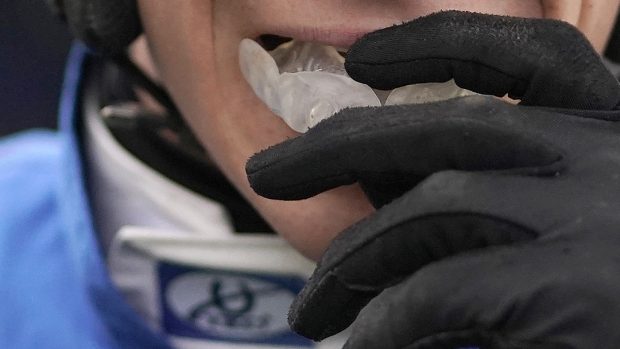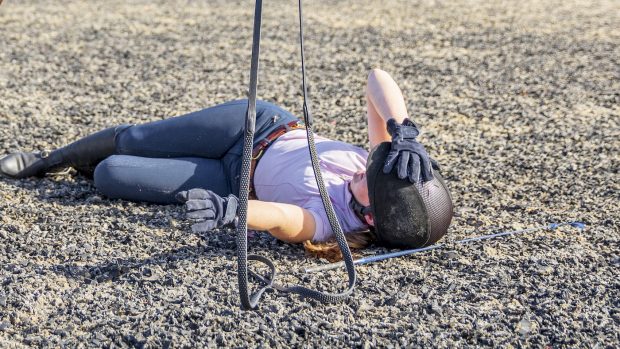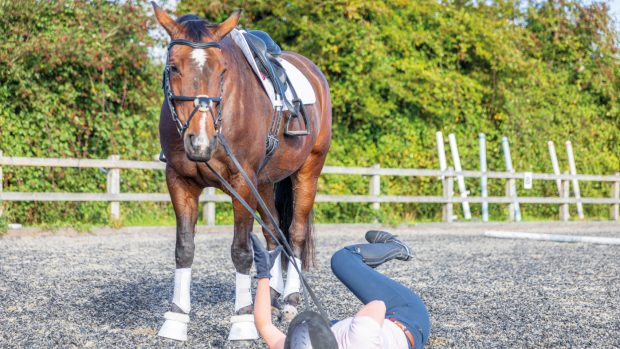Both current and former riders who’ve been concussed after a fall are sought for a study into the long-term effects of concussion in equestrians.
Volunteers should be aged 51 or older and have experienced one or more concussions during their riding career.
The three-year study, carried out by Dr Michael Turner of The International Concussion and Head Injury Research Foundation (ICHIRF), aims to find out if suffering a concussion alters brain health in later life, which could lead to early onset dementia or depression.
“We want to see if falling off your horse causes harm in the long term,” said Dr Turner.
Former Grand National winner Bob Champion, who is now 70, has just undertaken the screening process. During his race-riding career he had about a dozen serious concussions. After one he was banned for riding for six months on medical grounds.
“Currently, we don’t know how concussion might affect the brain as we age, and because of my concussions, I do worry about my future brain health, and what life may look like in years to come,” he said.
“This research is important for horseracing, as it’s the first of its kind, and the results should provide a deeper understanding of concussion and its long-term effect on the brain,” he added.
Screening takes place over a day at the Institute of Sport, Exercise and Health, at the University College, London.
“To date we have screened well over half the people we need to, and we are now making a final call to former jockeys and competitive riders, over the age of 50,” said Dr Turner.
Female riders are particularly urged to take part as the study is the only one looking at women in this age group.
All travel expenses for the day are covered by the ICHIRF. To find out more and register to take part visit: www.ichirf.org
Continued below…

Calls for riders to donate their brains ‘when they’ve finished with them’
The International Concussion and Head Injury Research Foundation is exploring whether repeated head trauma leads to neurological problems later in

Would you know if someone was suffering from concussion after a fall?
This weekend (16-17 September 2017) is the eighth annual International Helmet Awareness Day, and to mark the occasion we take

Subscribe to Horse & Hound magazine today – and enjoy unlimited website access all year round
In the research process tests compare a group of athletes who have suffered one concussion with a similar group who have never had concussion.
“There are a lot of horsey people who’ve had numerous falls in their youth leading perfectly normal lives in their later years,” said Dr Turner. “We need the science to back this up.”
The results of the research are expected to be published by the end of next year.
For all the latest news analysis, competition reports, interviews, features and much more, don’t miss Horse & Hound magazine, on sale every Thursday.


